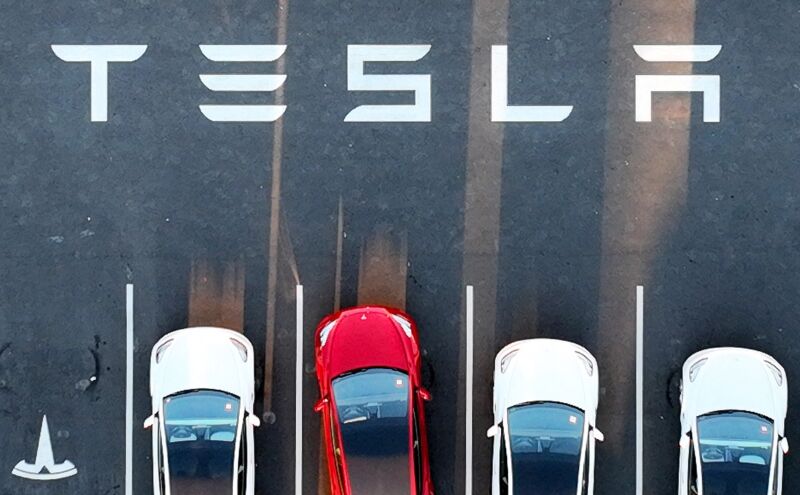
On Wednesday, a federal judge rejected Tesla’s claim that it is not liable for “disturbing” racist abuse suffered by an ex-factory worker. US District Judge William Orrick rejected what he called Tesla’s “watered-down revisionism” that cast plaintiff Owen Diaz’s suffering as “mild and short-lived.”
The judge slashed Diaz’s financial award, however. While the jury awarded Diaz $6.9 million in compensatory damages and $130 million in punitive damages, Orrick set the amounts at $1.5 million in compensatory damages and $13.5 million in punitive damages instead. He wrote that the new compensatory amount of $1.5 million is “the highest award supported by the evidence” and that the punitive damages can be nine times that amount based on US law.
“The evidence was disturbing,” said Orrick’s ruling in the US District Court for the Northern District of California. “The jury heard that the Tesla factory was saturated with racism. Diaz faced frequent racial abuse, including the n-word and other slurs. Other employees harassed him. His supervisors and Tesla’s broader management structure did little or nothing to respond. And supervisors even joined in on the abuse, one going so far as to threaten Diaz and draw a racist caricature near his workstation.”
Tesla wanted to limit compensatory and punitive damages to $300,000 each.
“Legally sufficient basis to find Tesla liable”
Diaz worked at a Tesla factory in Fremont starting in June 2015 and “was ‘separated’ from Tesla without prior warning” in May 2016, the ruling said. Diaz’s paychecks came from a staffing agency called CitiStaff, but he testified that “all of [his] directions came from Tesla.” He received training and certification from Tesla for his job operating a forklift. He sued Tesla in October 2017.
After the trial, Tesla asked the court for a “judgment as a matter of law that it is not liable,” or alternatively, “for a new trial and to reduce the amount of damages,” Orrick noted. Tesla argued that under 42 U.S.C. § 1981—a Reconstruction-era law that prohibits discrimination in the making and enforcement of contracts—it was not liable because “Diaz’s contract of employment was with a staffing agency that Tesla contracted with, not with Tesla itself,” Orrick wrote.
Orrick denied the motion for a judgment as a matter of law, writing:
[T]he jury had a legally sufficient basis to find Tesla liable on two grounds. First, it found in a special verdict that Tesla qualified as an employer of Diaz under the law, even if not on paper. It could have reasonably found that this employment relationship was governed by an implied-in-fact contract. Second, it could have found that Diaz was an intended beneficiary of the contract between Tesla and the staffing agency. As a result, Diaz was entitled to bring the Section 1981 claim to enforce his rights under that contract. On the remaining issues, Tesla waived its legal challenge to Diaz’s state-law negligent supervision claim. And Tesla’s motion for a new trial is also denied; the weight of the evidence amply supports the jury’s liability findings.
https://arstechnica.com/?p=1848152

